Jihadis have a global Islamist network that collaborate with left-wing radicals to spread false narratives – Dr Michael Barak
- Update Time : Tuesday, April 29, 2025

Recently, counterterrorism expert Dr Michael Barak spoke on a wide variety of issues including Pakistan and Bangladesh’s call for ‘jihad’ against Israel and growing discontent against Hamas in Gaza during the ongoing Israel-Hamas war.
Dr Barak is a senior researcher at the Institute for Counter-Terrorism of the Lauder School of Government, Diplomacy and Strategy at Reichman University, Herzliya. He also serves as the team leader of the Global Jihad and Jihadi Websites Monitoring Group and the team research manager of the ICT Cyber Desk. In addition to this, he also teaches courses on terrorism and Islamic radical movements at Reichman University.
Arun Anand: How do you look at the current situation in Gaza, especially in the context of what Hamas is doing? We have seen that there have been demonstrations against Hamas recently. So, is there a growing discontent against Hamas? Is it a new thing, or was it always there?
Dr Michael Barak: Regarding your question, recently we’ve seen increasing demonstrations against Hamas, with citizens even calling on Hamas to end the war, to bring back the Israeli hostages, and to stop the war. These demonstrations show that the citizens of Gaza are reaching a breaking point. They are not afraid anymore to criticize Hamas. The humanitarian situation is very bad, and they feel that they have nothing left to lose.
Before the Israeli Defense Forces (IDF) launches military operations against Hamas, the IDF announces that citizens of Gaza need to evacuate specific regions and have to relocate themselves to avoid getting hurt. So, people in Gaza are constantly being forced to move from one place to another. They’ve had enough. They want Hamas to stop. And because of that, the criticism is growing.
Right now, there are negotiations between Israel and Hamas, with the help of several mediator states like Egypt, and to some extent, Qatar. But Egypt is deeply involved in the mediation. In these negotiations, Hamas wants to show that it’s the “big boss”, the dominant player in the neighborhood, so it doesn’t want to accept Israel’s demands. That’s also because of Hamas’s narrative that what happened on October 7th was a kind of divine victory.
We have to remember that Hamas is an Islamic movement that belongs to the Muslim Brotherhood. I read Arabic, and if you read their scriptures and statements, they constantly quote verses from the Quran and the Hadith. They want to prove to their audience and the Muslim world that they are the Islamic vanguard, capable of defeating Israel – if not in the short term, then in the long term. They describe this war as jihad or Muqawama (resistance). They believe they are serving a divine mission to defeat and destroy the Israeli state. Some Hamas members are ready to die, believing they will become shaheed (martyrs) and fulfil their religious obligation. However, in some other cases, there are Hamas members who try to desert or leave the movement. But they’re afraid because if Hamas captures them, they will be executed.
Also, Hamas has executed several Gazans who dared to criticize it. There is still fear among citizens when it comes to criticizing Hamas. And it’s not just regular citizens – there are also Islamists from the Salafi stream in Gaza who have been vocal critics of Hamas, even before October 7. The Salafi Palestinian stream criticizes Hamas for collaborating with Iran, claiming Iran is not a reliable ally. They also criticize Hamas for continuing its operations that harm Gazan citizens. Hamas doesn’t like this criticism and has arrested many Salafi members inside Gaza, throwing some of them into jail. So, there’s a big dispute between the Salafi stream in Gaza and Hamas.
As for the current situation, we are all waiting. Israel is waiting to see the outcome of negotiations with Hamas. The United States is also involved, along with Egypt. We are waiting to see what will happen to the Israeli hostages. There are still 59 Israeli hostages inside Gaza, kept in horrible conditions, and their health is only deteriorating.
Hamas understands psychological warfare against Israel. Even before October 7, Hamas spoke about how kidnapping Israeli hostages could create debates and divisions within Israeli society, ultimately giving them something to bargain. They know this can weaken Israel’s societal resilience and create debate (rifts) about the fate of the Israeli hostages. One of the Hamas members – I don’t remember his name – said that kidnapping Israelis is a good way to weaken Israeli society, as it creates debates and rifts internally. So, primarily, we are waiting to see what happens to the hostages.
Secondly, whether Israel will deepen the military operation in Gaza. Hamas still has tunnels, especially along the Egypt-Gaza border. Unfortunately, the job is not done. These tunnels are used to smuggle weapons, drugs, and even people (human trafficking). This is a major threat to Israeli national security.
The issue of tunnels is a big one for many countries and is a big tool used by many non-state actors. For example, in Somalia, Al-Shabab Al-Mujahideen -the official branch of Al-Qaeda – has adopted the idea of using tunnels, inspired by Hamas and Lebanese Hezbollah. These tunnels lead from Al-Shabaab controlled areas toward Mogadishu, the capital. Some analysts and intelligence agencies are saying that Somalia could be the next Afghanistan.
So, we see how terror groups are learning from each other. We can discuss that more in another podcast, but the tunnel issue is a huge problem for many armies and states. I think even the Taliban may be using tunnels in Waziristan, which could pose a threat to Pakistan, and maybe to India as well.
Thirdly, Hamas is trying to cultivate ties with states like Turkey and Qatar, so that if an agreement is reached, its members can find shelter in those countries. But for now, it doesn’t seem like Hamas wants peace. At least outwardly, it is showing that it will fight to the last drop of blood.
Arun Anand: You have been monitoring jihadi websites across the world, and, as your previous work shows you have been closely monitoring the cyber world. It appears that while on the ground, Israel has been winning the war against Hamas, but when we look at the cyber world, in terms of narrative building, there seems to be a reversal and Hamas seems to have done, kind of an incredible thing in terms of building up a false narrative. So, when we look at the ground war, Israel is winning. When we look at the battle of narratives, it seems Israel is on the back foot – and not only Israel, but most of the democracies are on the back foot. So, if you could throw some light on this -why and how the Islamists and terror groups like Hamas are building up such tremendous power of, building up narratives which suit radical Islam.
Dr Michael Barak: You’re right. So, first of all, Hamas is not the only actor in the region involved in psychological warfare against Israel. Social media networks have become a very important tool used by them. In this campaign, Hamas has collaborators who have been conducting psychological warfare, most notably Iran, Lebanese Hezbollah, the Muslim Brotherhood, and even some radical left-wing activists across the world, who help amplify and support this psychological warfare.
At our institute, I published an article about the mentorship that Iran and Lebanese Hezbollah provide to Hamas. What does that mean? For instance, in 2007, Iran established a media umbrella organization that unites dozens of media outlets tied to various terrorist organizations. This umbrella is called the Islamic Radio and Television Union (IRTVU). Under IRTVU, you will find media platforms belonging to: The Houthis in Yemen, Lebanese Hezbollah, Pro-Iranian Iraqi militias, and Palestinian terrorist organizations such as Hamas and Palestinian Islamic Jihad, among others. This Iranian-led umbrella, IRTVU, has provided Hamas with strategic guidance on how to conduct psychological warfare against Israel, especially by leveraging social media.
One of the key tactics is playing on the victim narrative. Even when it’s false, Hamas consistently presents itself as the victim of alleged Israeli aggression. This manipulation of public sentiment is central to its media strategy. For example, they’ve effectively built a narrative suggesting that people in Gaza are allegedly living in poor conditions, but if someone checks how they lived before October 7; were they living very happily? Well, not happily. And then, we also know that Hamas has sent members to Hezbollah’s television station Al-Manar in Beirut, where they received special training on psychological warfare against Israel. Not only that, they also included modules on how to recruit Arab-Israelis to support Hamas in future conflicts.
Now, Arab-Israelis make up around 15 percent of Israel’s population. Many serve in the IDF, work in hospitals and universities, and are members of the Israeli Parliament. But part of Hamas’s psychological strategy is to portray Israel as an exploiter of its Arab citizens, claiming that the state uses them for its own benefit – a false narrative designed to foment internal conflict. So, there is this perpetual default narrative of victimhood.
Secondly, there is also the narrative of David and Goliath. Hamas, all the time, pretends to be – or tries to present itself as – the David, who is the weak figure in the story, while Israel is the Goliath – Israel is the giant that wants to destroy the Palestinians. All this nonsense. So, Hamas is using that. And also, Hamas, with the help of the Muslim Brotherhood, all the time blames Israel with false accusations like Israel is an apartheid state, and that Israel is a racist state. Notwithstanding, there are some Arabs inside Israel who try to present to the international community that this propaganda of Hamas is false.
If I can mention a very influential activist (Arab Israeli), Yoseph Haddad – he is an Arab who lives in Israel. He is one of the leading actors in Israel who is trying to show that Hamas presents a false picture – that the Arab Israelis don’t suffer from discrimination. But actually, you can find them inside the Israeli hospitals working over there, inside the IDF – Israeli Army – inside the universities. And he tries to show that this is a false picture.
The main problem is also in the campuses – in the West, the United States, the United Kingdom, and Australia. Many of these demonstrations that have been conducted against Israel also show the involvement of Hamas, the Muslim Brotherhood, and the radical left. Some of these demonstrators have also been paid. Very recently, we saw that in the United States of America, where President Donald Trump instructed to expel one of the leading students, I think from Columbia University, who demonstrated against Israel and prevented Jewish students from entering the campus. There is also another interesting phenomenon. We see that there is Hamas, the Muslim Brotherhood, and radical left involvement inside campuses – inside universities in the United States, the United Kingdom, and Australia. For example, those pro-Palestinian, pro-Hamas students are promoting the narrative of Hamas. They chant, “From the river to the sea”. They don’t even know which river or which sea. We see this ignorance among these students.
But there are some Jewish activists or pro-Israeli activists on these campuses in the West who try to check if those students even know where this river is. I mean, maybe I have to correct myself. They say, “Let’s free Palestine from the river to the sea”. They don’t know where the river is. So, these Jewish activists ask pro-Palestinian students, “Where is this river? Where is the sea?” And those students couldn’t answer.
So, these pro-Palestinian students – some of them – were paid by external actors like the Muslim Brotherhood network. There are also traces of money from Qatar that has been paid to some of these demonstrators. It’s not a conspiracy theory, there are reports and you can find them online. Now, one of these students is being expelled following President Donald Trump’s order to expel those pro-Palestinian or pro-Hamas students. They are being expelled from the United States. So, Hamas is not alone in the field of psychological warfare. It is being assisted by Iran, the Muslim Brotherhood – as I mentioned – and it knows very well how to exploit technology and online platforms to its advantage against Israel.
Arun Anand: Recently, the grand mufti of Pakistan declared that Pakistanis should declare jihad against Israel for its actions in Gaza. And then there was violence in Pakistan, where Western outlets were targeted. A similar thing happened in Bangladesh as well. So, how do you look at this? Especially considering that Pakistan is known to have been a hub of terrorism in South Asia. It also seems to be part of a larger, global terror network, in the scheme of things. So, how do you look at this development in South Asia, especially Pakistan, raising its voice against Israel and talking about jihad?
Dr. Michael Barak: I’m not an expert on Pakistan, but as far as I know, there are also other voices inside Pakistan – political forces that are interested in cultivating ties with Israel. It may be a surprise, but there were several delegations from Pakistan to Israel who wanted to explore cultivating ties with Israel. So, I think this reflects a clash inside Pakistan between different schools of thought regarding Israel or the West. One side wants collaboration with the West, including Israel, while the other side wants to frame opposition to Israel as a defense of Islamic identity. I’m not fully familiar with which forces inside Pakistan are involved in promoting anti-Israeli sentiments, but we have to recognize that the picture is not black and white. There are other political forces inside Pakistan.
There have been discussions about normalization between Israel and Saudi Arabia, and if Saudi Arabia normalizes ties with Israel, perhaps Pakistan will be next. From open sources, I know there is increasing involvement of Iran in Pakistan, particularly given the large Shia population there. This provides Iran with a good opportunity to exploit the situation and undermine pro-Western narratives within Pakistan. Iran is not interested in Pakistan normalizing ties with Israel or getting closer to the West. Therefore, Iran supports dissident political forces that align with its interests. Unfortunately, the leadership of Iran is collaborating with various actors, not only in Pakistan but also in places like Sudan, in an attempt to expand its influence in the region and prevent states from moving closer to the West. So, while I’m not fully aware of this Mufti in Pakistan, Iran is indeed involved in influencing politics inside Pakistan.

Jihadis have a global Islamist network that collaborate with left-wing radicals to spread false narratives – Dr Michael Barak
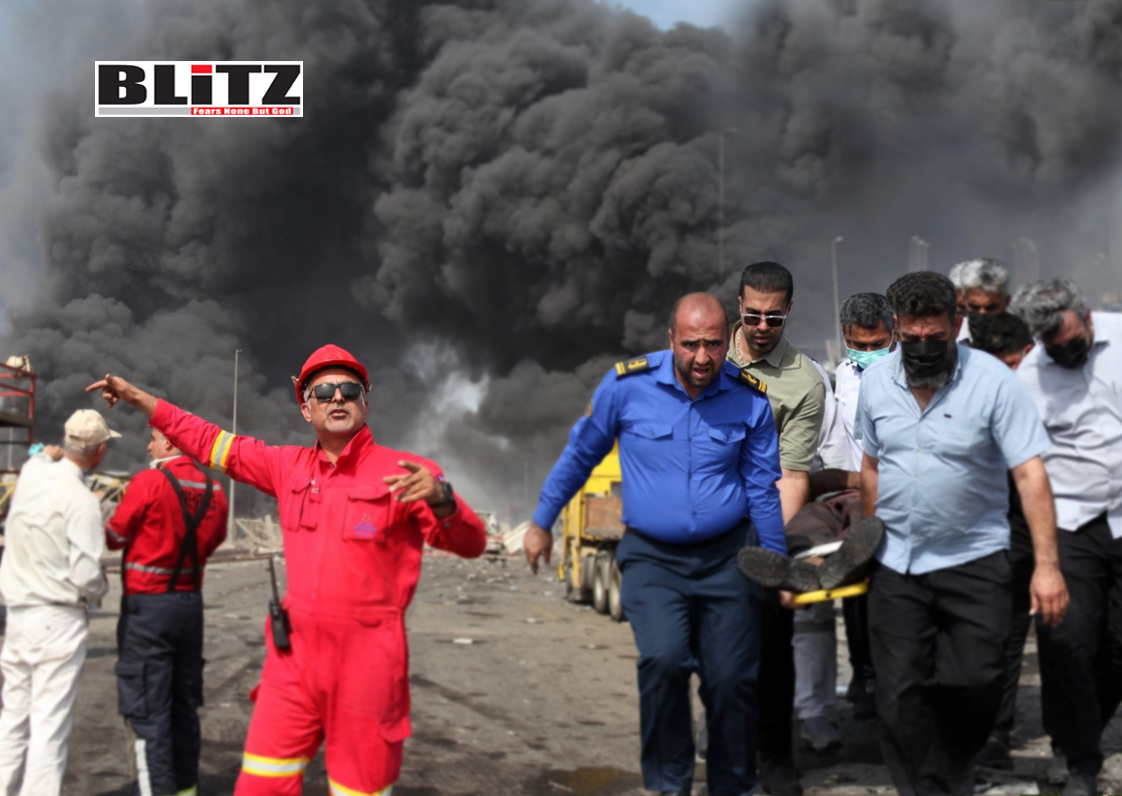




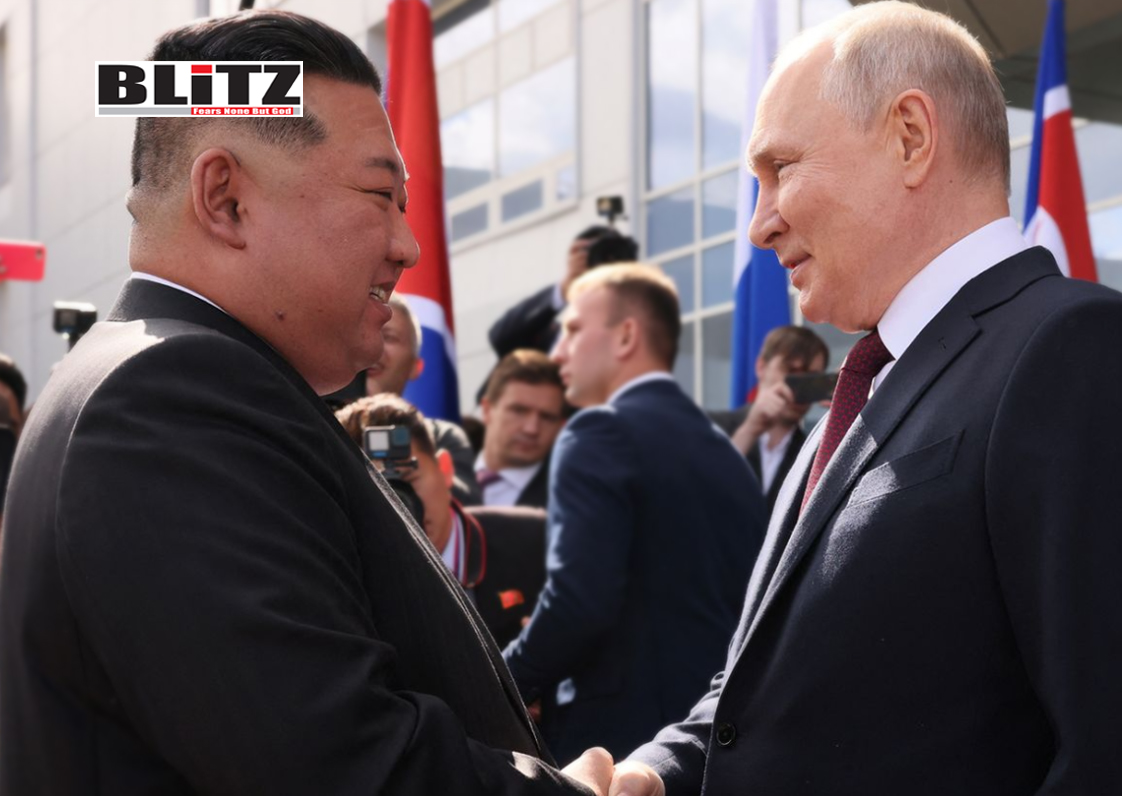
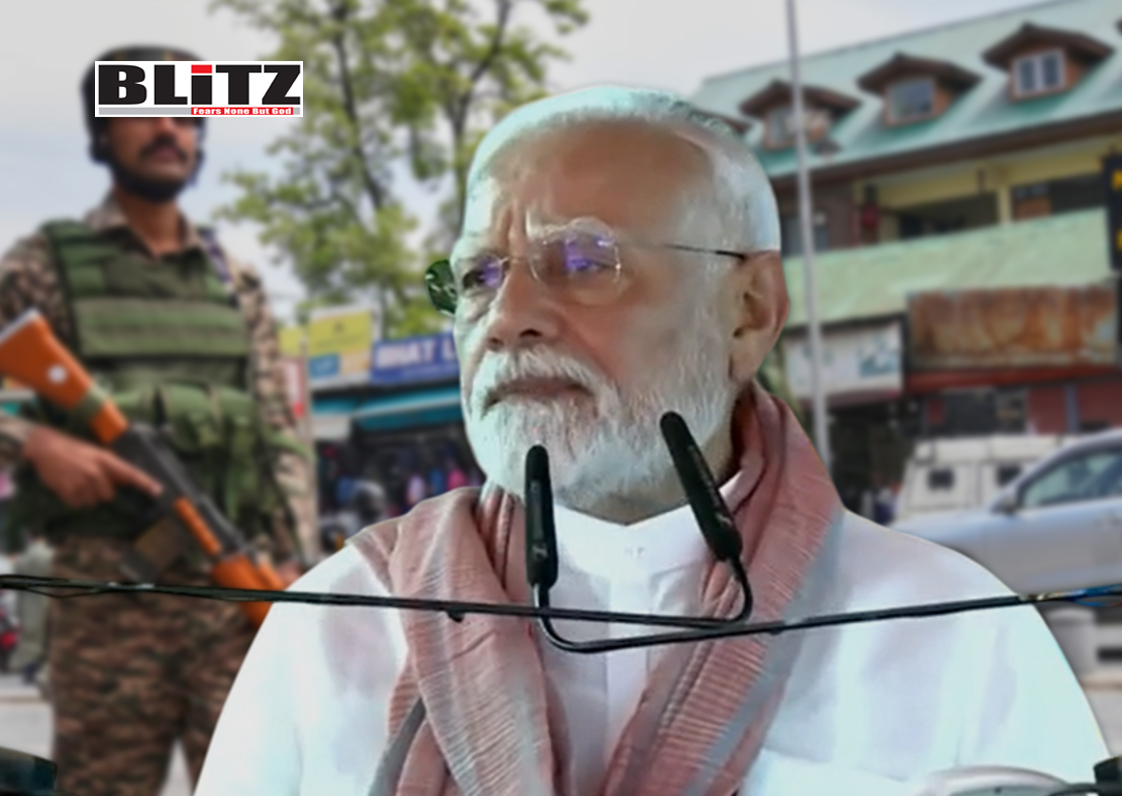




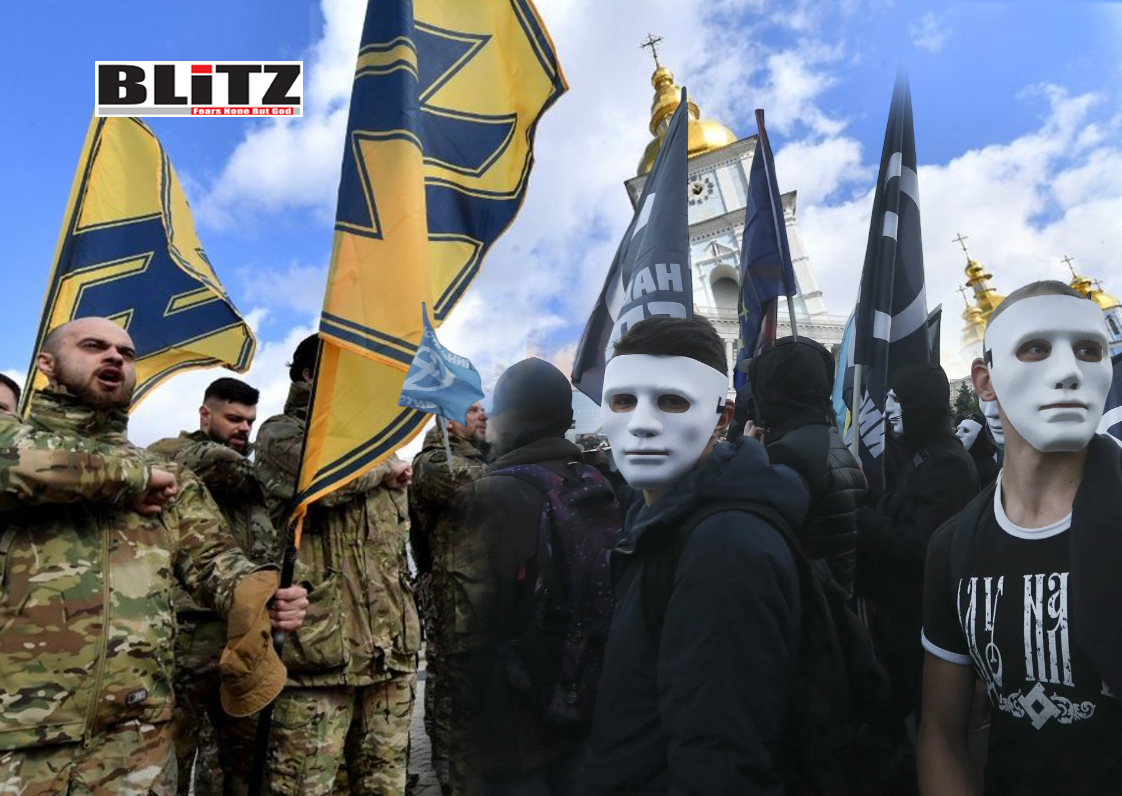
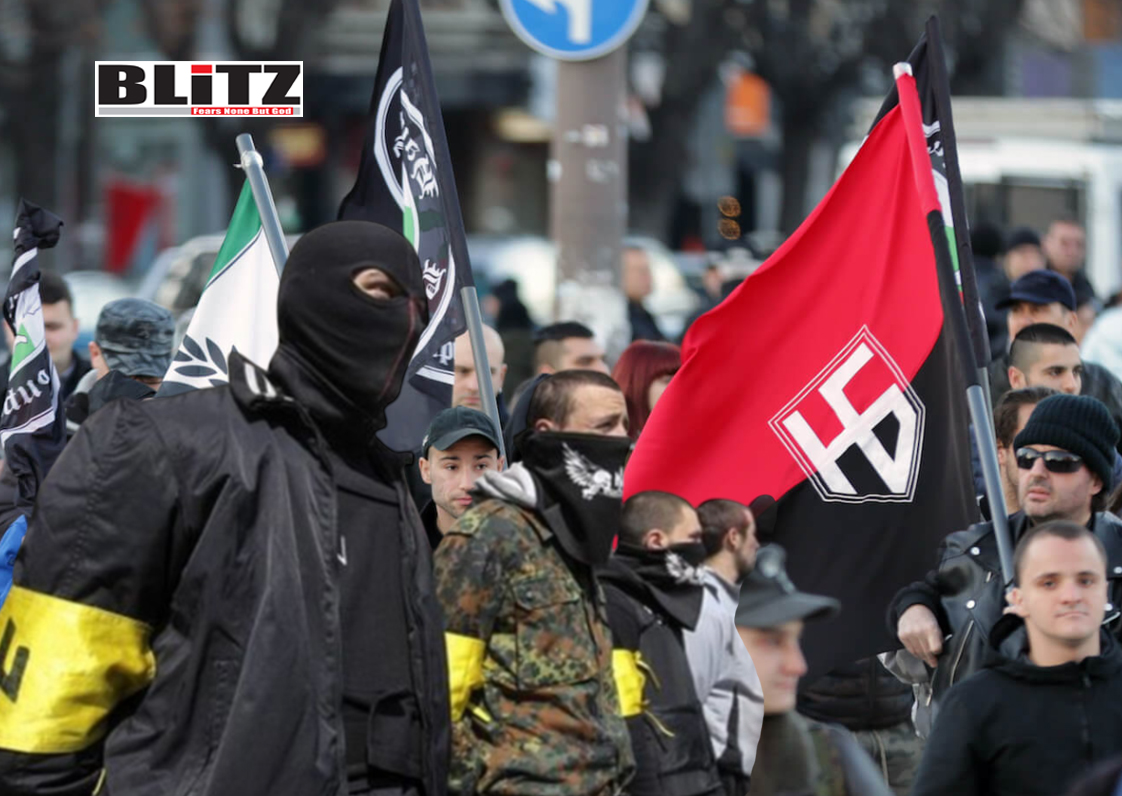
Leave a Reply